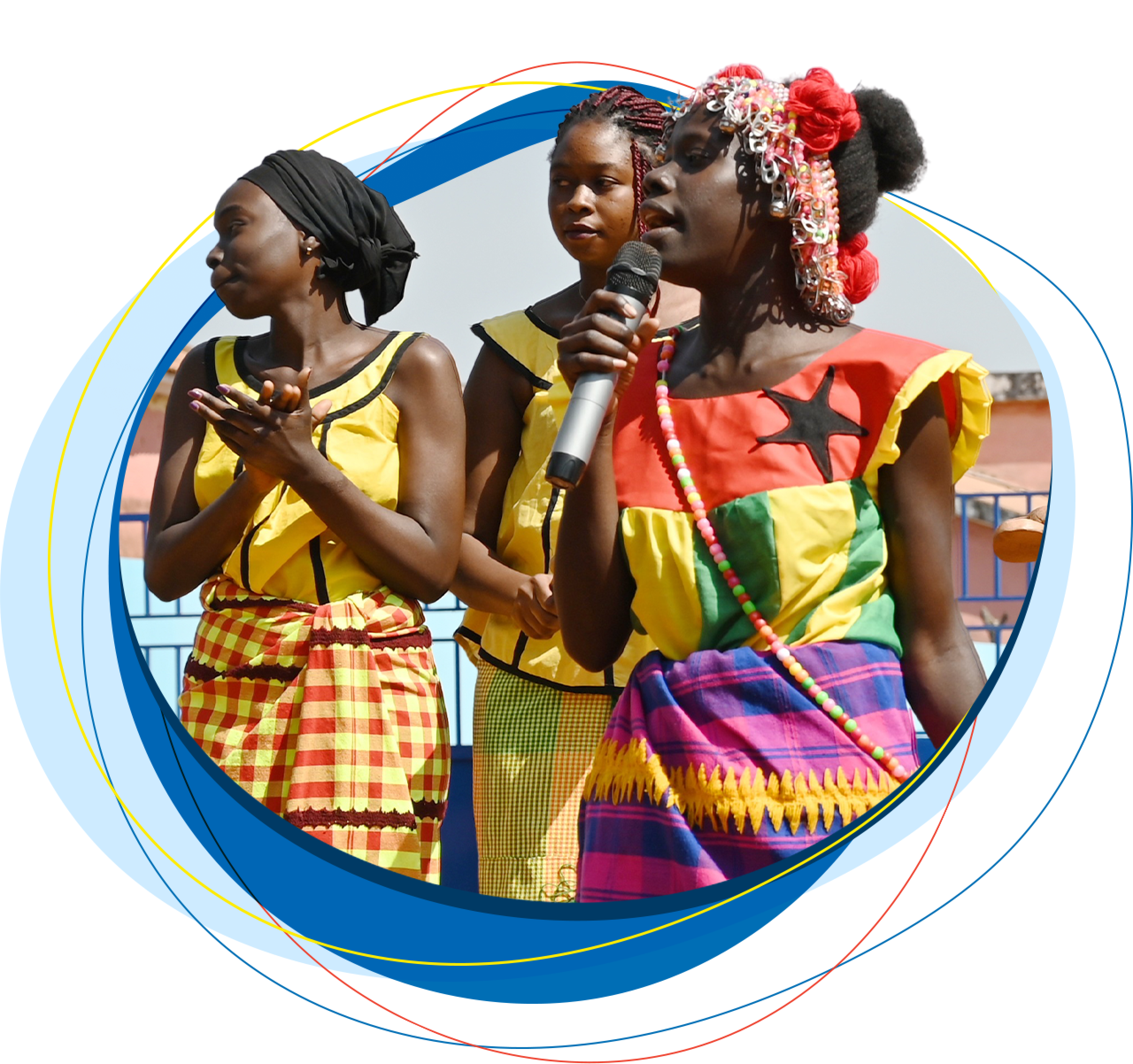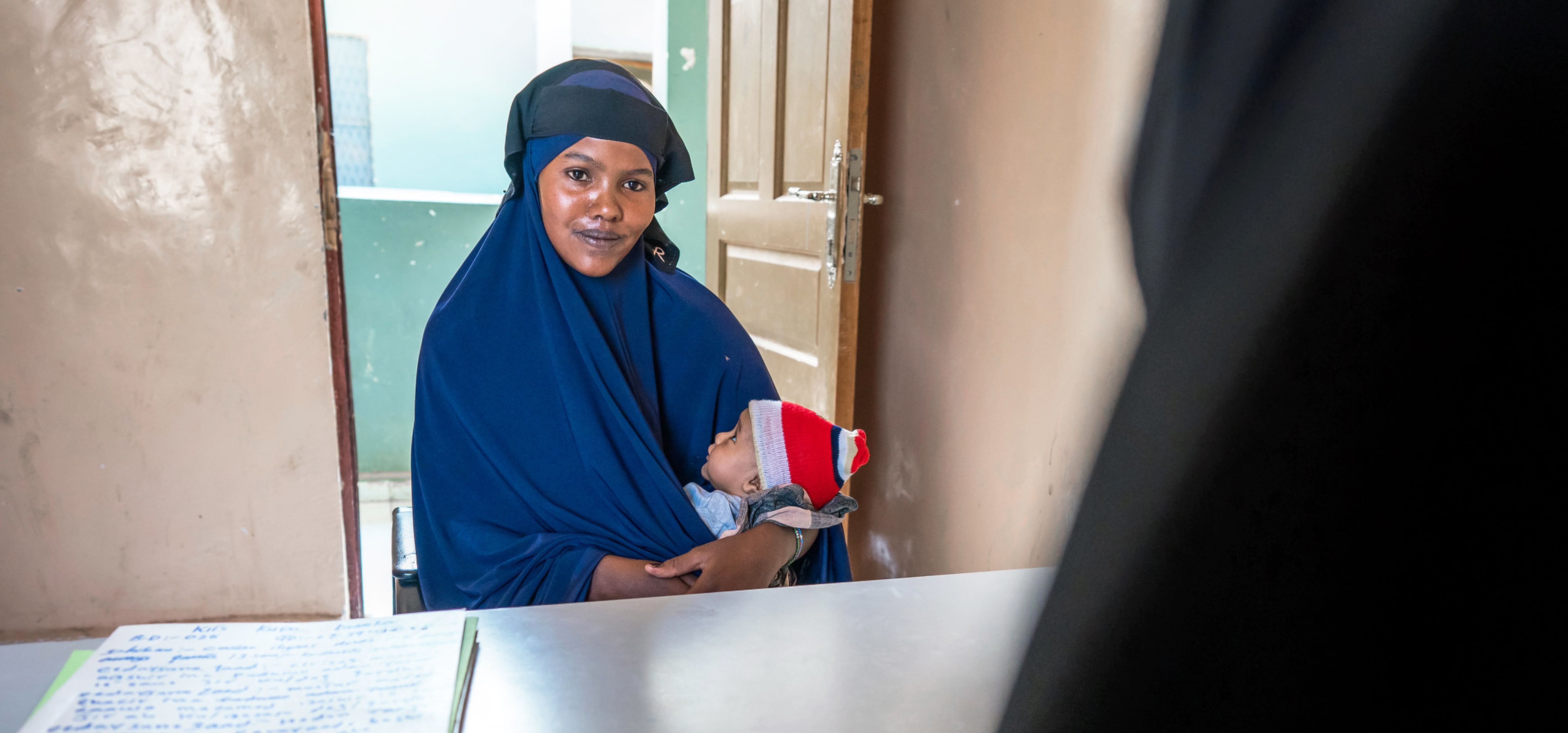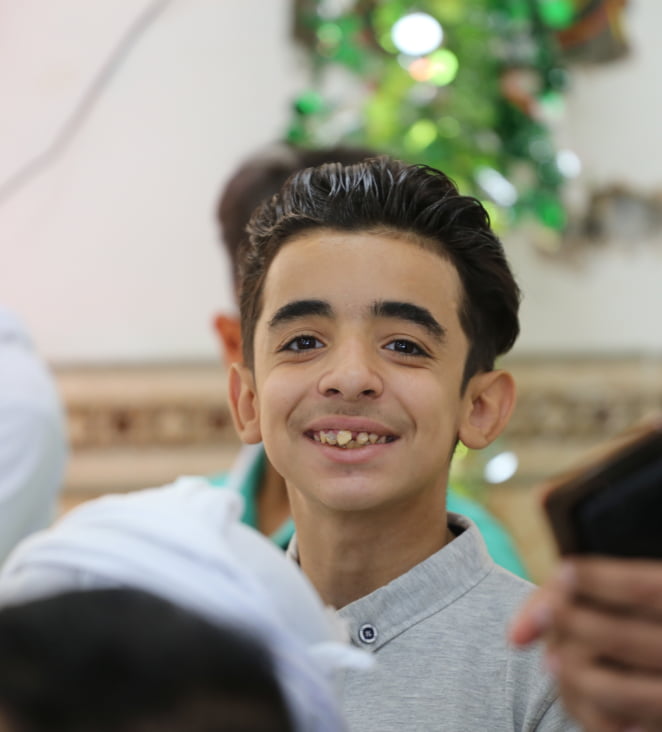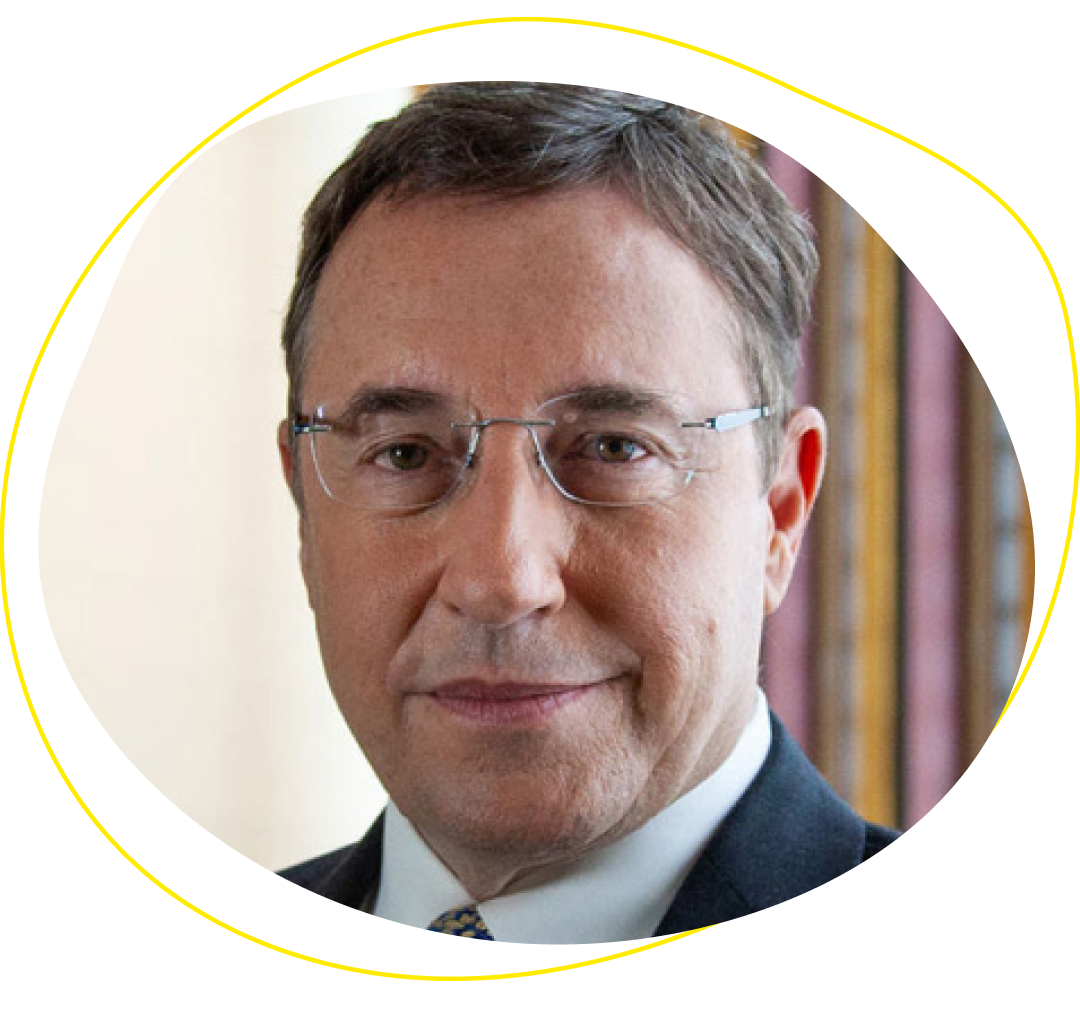
UNDP
Rule of Law and Human Rights
Annual Report

Introduction
This 2022 annual report of UNDP’s Global Programme for Strengthening the Rule of Law, Human Rights, Justice and Security for Sustainable Peace and Development (the Global Programme) takes stock of the Global Programme’s achievements as a strategic influencer and enabler of transformative change in the advancement of peace and sustainable development through the promotion of rule of law, human rights, people-centred justice and security. The report also provides an overview of UNDP’s broader contribution to fostering the rule of law, justice, security and human rights, especially in contexts affected by crisis, conflict and fragility.
Within UNDP and across the wider United Nations (UN) system, the Global Programme is the primary mechanism for the implementation of comprehensive and integrated rule of law and human rights programmes. Operating via headquarters and at regional and country levels, the Global Programme uniquely combines rule of law, human rights, justice and security expertise, knowledge and ambitions within an overarching umbrella framework for enabling peaceful, just and inclusive societies to ensure that no one is left behind.
The Global Programme contributes to establishing a culture of respect for the rule of law and embedding human rights principles in UNDP’s work to build integrated and sustainable solutions for people and the planet.
The Global Programme is implemented by the Rule of Law, Justice, Security and Human Rights team within UNDP’s Crisis Bureau and is part of UNDP’s Global Policy Network (GPN).
Regional and country initiatives were implemented to integrate human rights and a people-centred approach into the judiciary, police and security services, elevate the B+HR agenda, support national human rights institutions (NHRIs), promote gender equality and tackle sexual and gender-based violence. In addition, the Global Programme provided targeted technical expertise and facilitated learning and knowledge sharing among the Country Offices.
Phase IV of the Global Programme is guided by UNDP’s three directions of change, namely structural transformation, leaving no one behind, and building resilience. It directly contributes to the implementation of UNDP’s Strategic Plan (2022-2025), in particular to the signature solutions of governance and resilience, and UNDP’s Crisis Offer to help countries anticipate, prevent, respond to and recover from crisis in every development context, as well as support organization-wide efforts related to the environment and UNDP’s gender equality strategy.
Monitoring, evaluation and learning (MEL) to measure and report on impact is a recognized UNDP corporate priority. The Global Programme’s new phase has a dedicated MEL unit to ensure a more systematized and targeted approach to data collection, analysis and reporting in order to better inform programming, advance thought leadership, and strengthen policy influence within the regional and global policy space.

A woman reports a crime at the UNDP-supported police station in Qardho, Puntland, Somalia
About the report
The Global Programme promotes integrated rule of law, justice, security and human rights solutions and has increasingly invested in interlinked areas such as gender justice, environmental justice, digital justice, among others. The thematic sections in this report detail UNDP’s signature initiatives, country and regional highlights, as well as innovative approaches developed in synergy with Global Programme partners.
Eight justice workstreams are featured under the umbrella of UNDP’s Justice Futures CoLab.
The CoLab is a framework and a space for practitioners from UNDP, the wider UN family and other external partners to discuss, design and implement more impactful action in countries and to inform advocacy and policy at all levels, informed by learning and data. The CoLab provides technical support to Country Offices, expands strategic partnerships, and facilitates learning exchange.

Youth participating in an Open day at the Model Police Station, Ramadi, Iraq
A section on anti-racism reflects UNDP’s renewed commitment to review how its programmatic offer in such areas as governance, the rule of law and human rights contributes to equality and respect for diversity within and beyond the organization.
The 2022 annual report highlights key achievements of UNDP in the areas of rule of law, human rights, justice and security in five regions: Africa, Arab States, Asia-Pacific, Europe and Central Asia, and Latin America and the Caribbean. The report features over 40 country or context profiles. These include the results achieved by the 23 UNDP Country Offices that received direct financial support from the Global Programme between December 2021 and June 2022; and 20 country or context profiles that present overall UNDP achievements, often in partnerships with UN and non-UN partners. In these 20 contexts, the previous and in many cases long-term support received from the Global Programme has enabled the sustainability of rule of law, human rights, justice and security programming and/or had catalytic effect for mobilizing additional resources or increased programming.
In line with the new MEL approach, this report provides an overview of the varied and context driven support (financial, technical, policy, experts advisory, etc.) provided to UNDP Country Offices and Regional Hubs, governments, civil society and business entities to make the rule of law and respect for human rights a global reference point and enabler for achieving the Sustainable Development Goals (SDGs).
A special focus of the report is on the Global Programme’s role as platform for partnerships across the UN system and beyond, in line with UNDP’s designated ‘integrator’ role and in support of the One-UN approach. A comprehensive overview of the achievements of the Global Programme’s partnerships is available in the thematic sections of the report, as well as on dedicated country and context pages.
For example, the country profiles of the Central African Republic, the Democratic Republic of the Congo, Haiti, Mali and Somalia present the accomplishments achieved under the framework of the UN Global Focal Point for the Rule of Law (GFP). The profiles of Bosnia and Herzegovina, Jordan, Pakistan, Sierra Leone and Tunisia were selected to demonstrate UNDP and the UN support for closer integration between human rights and SDG systems, enabled through the Human Rights Mainstreaming Multi-Donor Trust Fund (HRM Fund).
UNDP’s work with governments, businesses, civil society, human rights defenders, academia and others to promote responsible and human rights-based business practices is reflected in country-level examples in Kyrgyz Republic, Nepal, Pakistan, Tunisia and Ukraine, as well as under the thematic section on business and human rights (B+HR).
The results framework of the report presents a comprehensive summary of the Global Programme’s achievements in over 100 contexts, globally.


